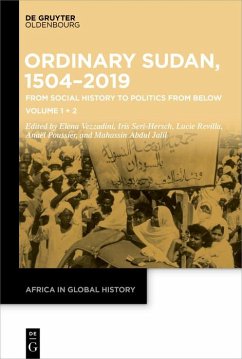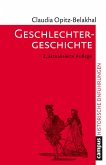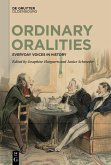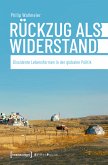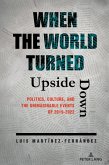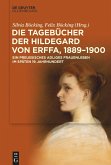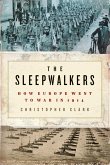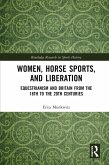The book includes contributions by historians, anthropologists, and political scientists who often have a dual commitment to Middle Eastern and African studies. While focusing on the complexity and nuances of Sudanese local lives in both the past and the present, it also connects Sudan and South Sudan with broader regional, global, and imperial trends.
The book is divided into two volumes and six parts, ordered thematically. The first part tackles the entanglement between archives, social history, and power. The second focuses on women's agency in history and politics from the Funj era to the recent 2018-2019 revolution. Part 3 includes contributions on the history and global connections of the Sudanese armed forces. In the second volume, part 4 intersects the themes of urban life, leisure, and colonial attitudes with queerness. In part 5, labour identities, practices, and institutions are discussed both in urban milieus and against the background of war and expropriation in rural areas. Finally, part 6 studies the construction of social consent under various self-styled Islamic regimes, as well as the emergence of alternative imaginaries and acts of citizenship in times of political openness.
Dieser Download kann aus rechtlichen Gründen nur mit Rechnungsadresse in A, B, BG, CY, CZ, D, DK, EW, E, FIN, F, GR, HR, H, IRL, I, LT, L, LR, M, NL, PL, P, R, S, SLO, SK ausgeliefert werden.

